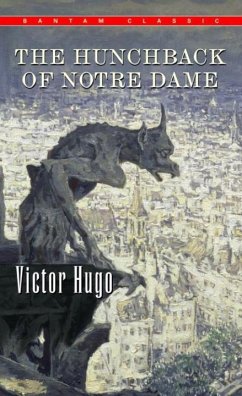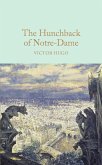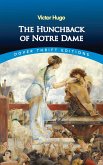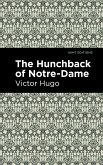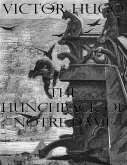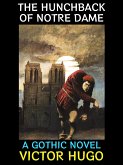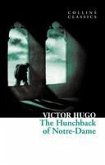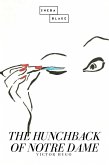In the dark world of medieval Paris, the deformed bell-ringer of Notre Dame Cathedral heroically fights to save the life of a beautiful Gypsy girl about to be unjustly executed. Told with simple vocabulary and set in large type, this adaptation of the classic tale is perfectly suited for young readers.
Dieser Download kann aus rechtlichen Gründen nur mit Rechnungsadresse in A, B, BG, CY, CZ, D, DK, EW, E, FIN, F, GR, HR, H, IRL, I, LT, L, LR, M, NL, PL, P, R, S, SLO, SK ausgeliefert werden.
Hinweis: Dieser Artikel kann nur an eine deutsche Lieferadresse ausgeliefert werden.

